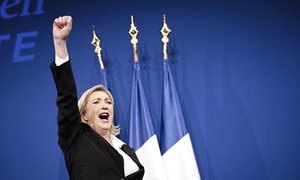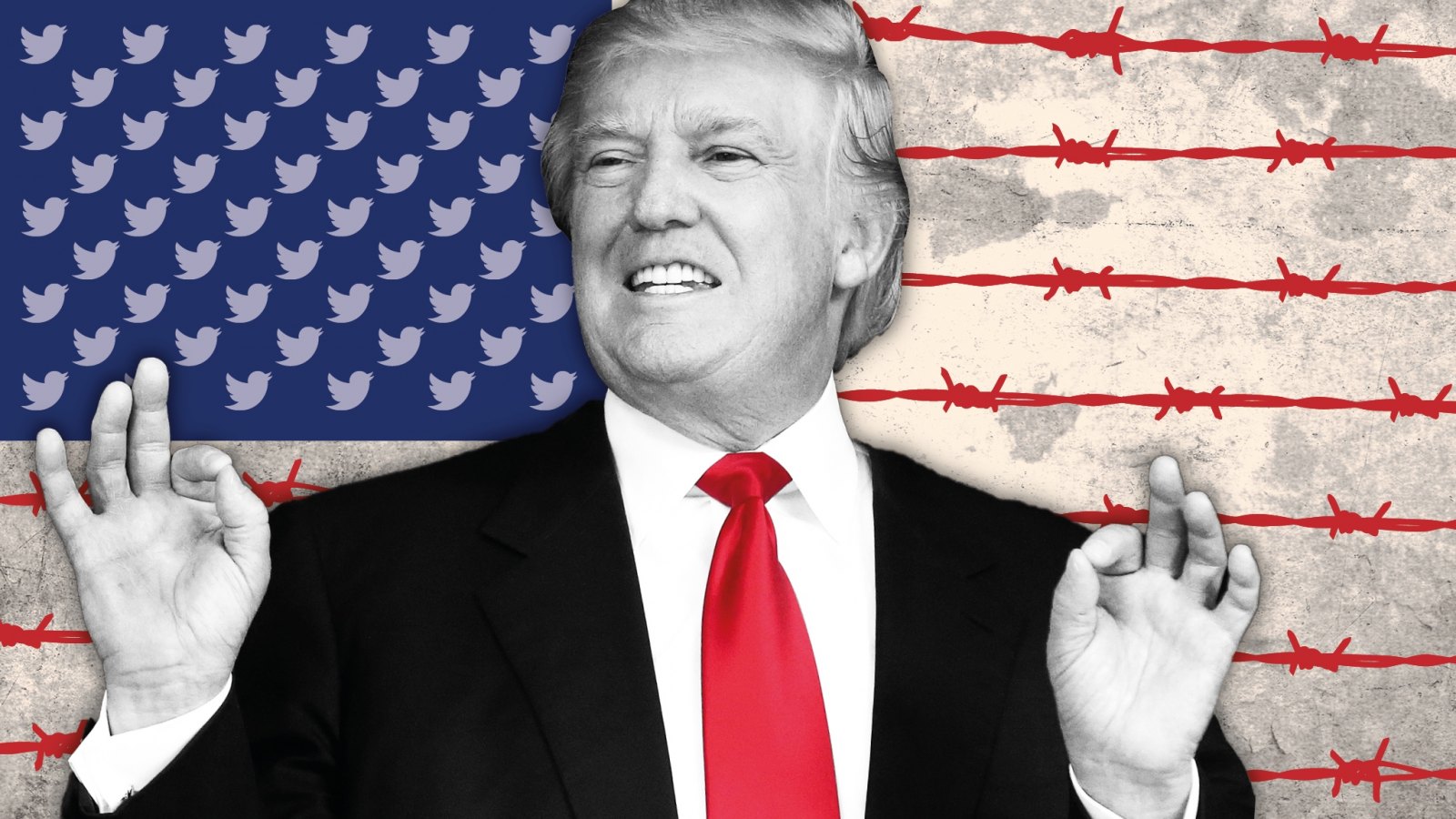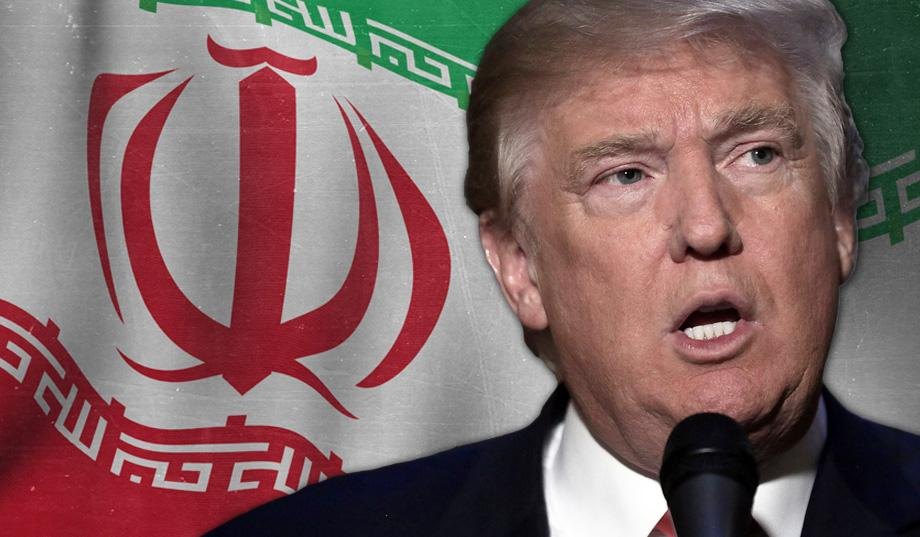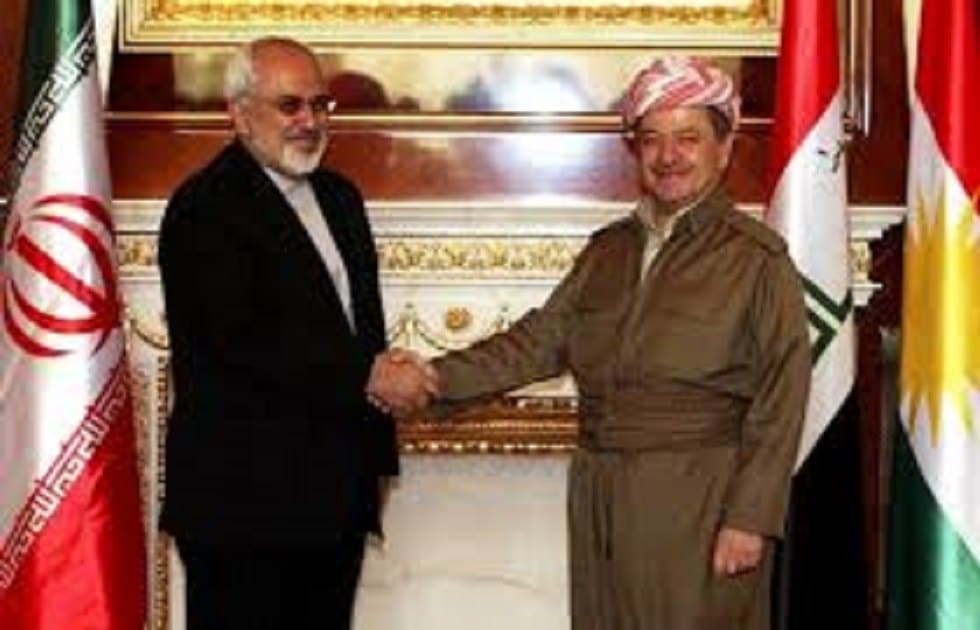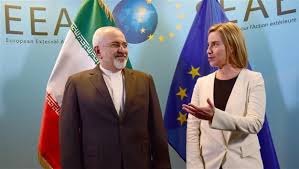Escalation of Tensions between the US and Russia
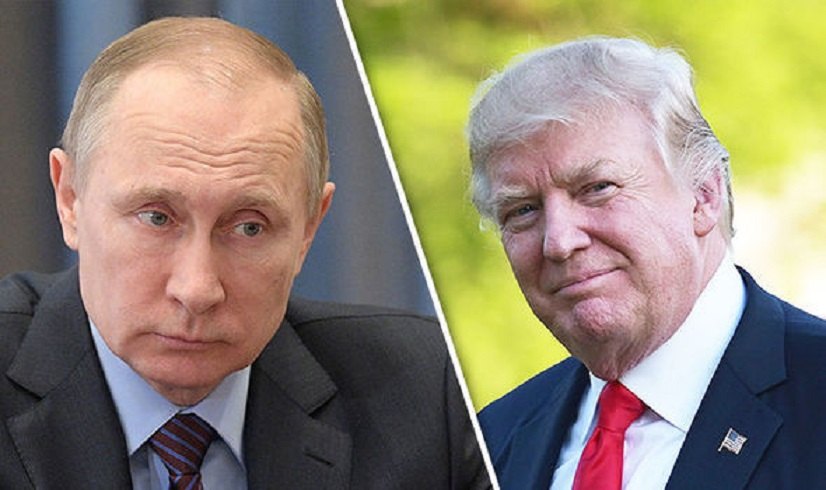
Mahdi Shapouri
The recent US Congressional sanctions against Russia and Moscow’s move to expel more than 750 US diplomats have brought the two sides closer to their worst post-Cold War state.
Discussions about the relationship between some of Trump’s associates with Russia during the presidential election campaign and the appointment of a special prosecutor to investigate this issue by the US Justice Department and the pressures brought on by this matter to Trump put him in a difficult situation regarding Russia.
The scope and severity of new sanctions against Russia is such that Prime Minister Dimitry Medvedev called it “a full-blown war” against his country and stated that “our hope for improved relations with the new US government ended.”
The key issue in the “Countering America’s Adversaries Through Sanctions Act” is that the US president alone has no right to suspend or terminate these sanctions, and any action taken by him in this regard should be made by prior consent of the Congress.
By mid-2015, 55 percent of the Russian economy was in the hands of government. Given the fact that sanctions tend to target the government and government sectors, the more the economy under sanctions is of a governmental nature, the more devastating effects of sanctions would take place.
The tensions between the great powers usually provide proper opportunity for the average and small actors who oppose the status quo, and temporarily brings them out of the center of pressure, but if in the long run one of these great powers weakens, systemic pressures over those average and small actors who oppose the current situation would increase.
Due to the US sanctions on Russian arms sales to Assad’s government, there may be more difficulties for the Syrian government.

